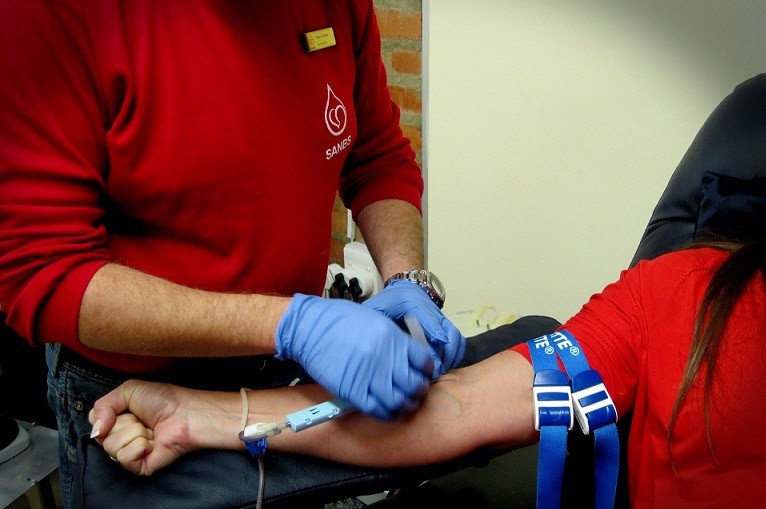
Blood, Medicine, and the Law of God
One controversial belief of Jehovah’s Witnesses is their refusal to accept blood transfusions based on the biblical command to not eat blood. Let’s review the scriptures to determine if they are correct in their interpretation.
In the first century when Jewish Christians wanted to compel Gentile believers to observe circumcision and the Law of Moses the spiritually mature brothers led by holy spirit decided not to add any further burden on them “except these necessary things” of the Mosaic Law among which were abstinence “from blood and from things strangled.”[1] In interpreting how to ‘abstain from blood’ Jehovah’s Witnesses argue that taking blood in any form or manner, or in any circumstance is contrary to Scripture. Is this view correct? — Acts 15:5,28,29
Laws, whether God-made or man-made, can be interpreted in different ways. For example, pornographers cite the constitutional guarantee of free speech to produce and distribute pornography. Literally taken, the law does seem to protect pornography. But it could be asked, did the makers of that law intend to protect pornography? People opposing capital punishment cite the constitutional prohibition of cruel and unusual punishment in objection to the death penalty. But did the makers of that law view the death penalty as cruel and unusual? Undoubtedly not since the death penalty was more likely to be used then than now. In fact, methods of execution were more cruel then than now!
Likewise, interpreting the Bible’s injunction to ‘abstain from blood’ can be literal to the word, or can be viewed from the intent of the Lawmaker. Therefore, we must discern why God wanted mankind to abstain from blood. To do this we must see what other portions of the Bible say on the subject.
In regards to the consumption of blood Jehovah God’s first law was given to Noah. He commanded, “Every moving animal that is alive may serve as food for you… Only flesh with its soul [life] –its blood– you must not eat.” Here we see that God permits the eating of flesh, but not the blood as it represents the “soul” or ‘life’ of the slain animal. – Genesis 9:3,4
Through the procreative process humans can give life to others, but they cannot create life, human or animal. Therefore, in taking an animal’s life for his own purpose man became obligated to show respect for that life and to show respect for the Giver of life, Jehovah God. This principle is even more evident in Leviticus 17:10-16, which we quote in part:
“I [Jehovah] shall certainly set my face against the soul that is eating the blood, and I shall indeed cut him off from among his people. For the soul of the flesh is in the blood… No soul of you must eat blood… For the soul of every sort of flesh is in its blood… As for any soul that eats a body already dead, he must in that case wash his garments and bathe in water and be unclean until the evening; and he must be clean. But if he will not wash them and will not bathe his flesh, he must then answer for his error.”
Why does God take such a harsh stand against blood consumption? Because He views the blood of the slaughtered animal as representing that animal’s life as a soul. To use that blood showed a lack of respect for the life lost as well as the Giver of life. Even in the case where an animal was already dead –hence, not intentionally slaughtered by man– action still had to be taken to show respect. But note, though impossible to properly bleed that meat, it was not absolutely forbidden as food! The underlying principle of all this was man’s playing God by taking a life he cannot create nor restore. By following God’s orders in pouring out the blood man shows respect to Jehovah and in effect says, ‘I am not trespassing on Your position as God and Creator.’
For Christians today these principles are still applicable as the apostolic decision related in Acts 15 shows. Few of us in this society actually engage in the slaughter of animals. Even so, would it not still be important to show proper respect for the life lost for our benefit? We do this by taking normal precautions in obtaining butchered meat and asking God’s blessing over our food.
So much for actually eating blood; what about blood transfusions? One very significant difference exists between the two. Whereas the slaughtered animal gave up its life for our benefit, the blood donor does NOT! Blood donated for transfusions does not represent the life of the blood donor. How could it? He is still alive. This is not to say that risks are not involved in accepting transfusions and precautions when possible should be taken. But the exclusion and condemnation of this medical practice on scriptural principles is unwarranted.

